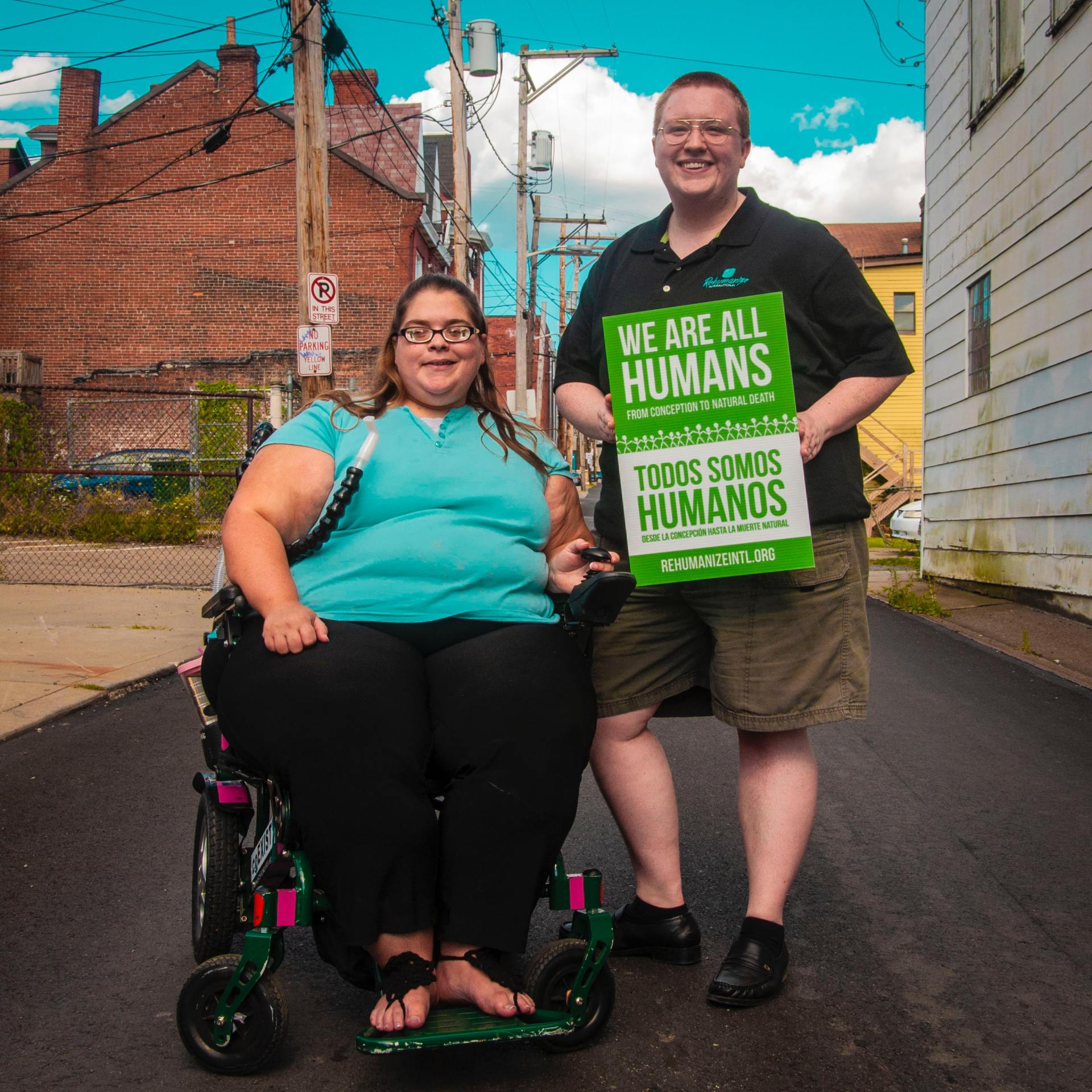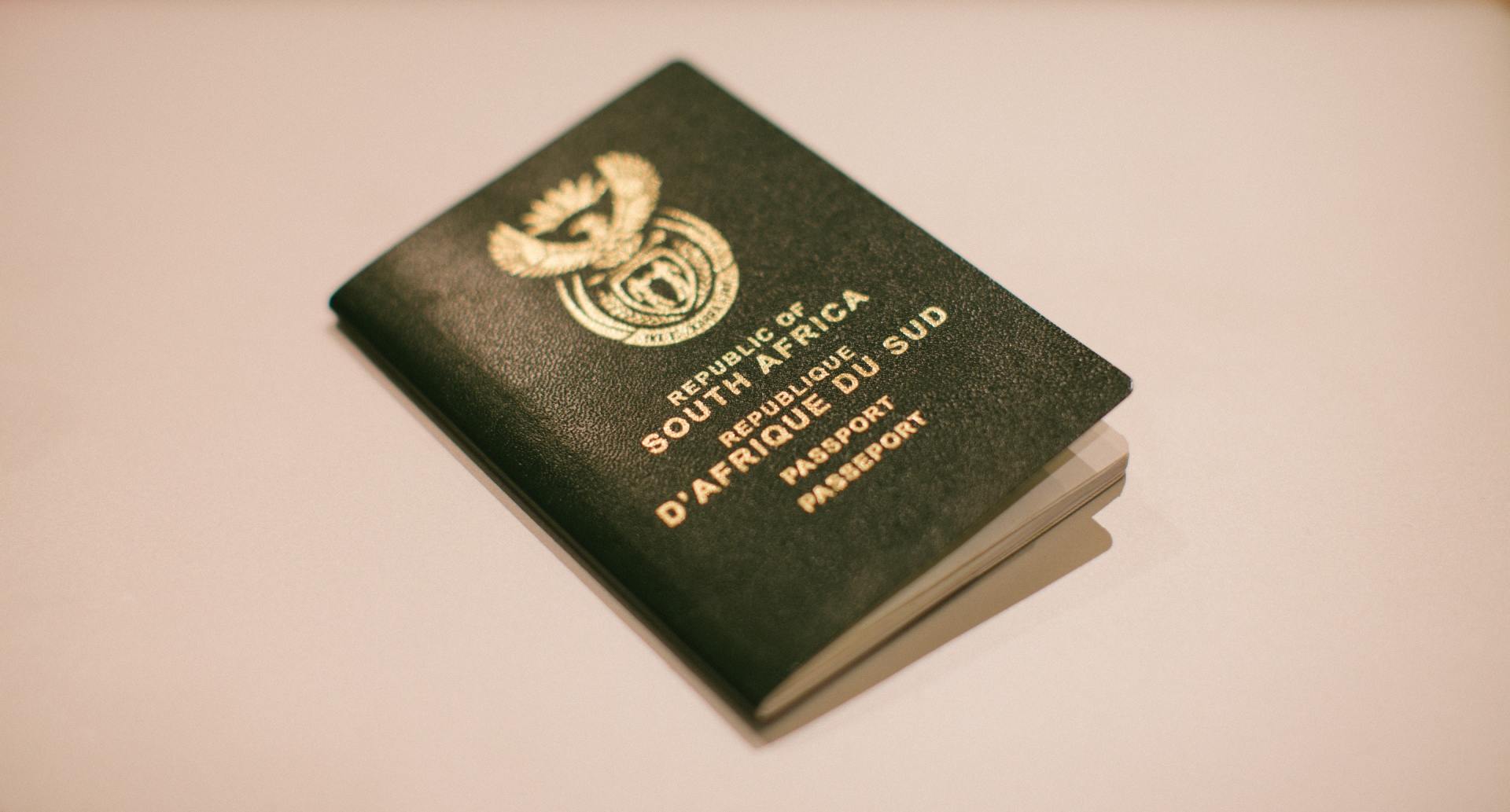What Just Happened, My Citizenship was denied!
CITIZENSHIP (NATURALIZATION) DENIED; AND YOU THOUGHT IT WAS AS SIMPLE AS FILLING OUT A FORM:
Either of two things just happened! One, you just completed your Citizenship or Naturalization interview and the immigration officer told you on the
spot that your application is denied
or two, you just received a denial letter in the mail
. As far as you know it was as simple as filling
out the N-400 form, and after all you have been living in the US for more than three or five years. Why were you denied? Well lack of good moral character (GMC) is a very common reason why your application can be denied.
An
applicant for naturalization must show that he or she has been, and continues to be, a person of good moral character.
WHAT IS GOOD MORAL CHARACTER: (GMC)
According to the USCIS Policy Manual
, good moral character is defined as “character which measures up to the standards of average citizens
of the community in which the applicant resides.” Good moral character generally means that the applicant does not have serious criminal issues in
their past, and that the person generally fulfills their obligations under the law. The interesting thing about GMC is that it can be very subjective,
that means the immigration officer could determine as a matter of discretion that you are not a person of GMC and your do not deserve to become a US
citizen based upon something you did in the past. That is so irrespective of however slight you may think it is. A conviction for a crime of moral
turpitude, gambling or drug offences, even multiple DUIs (Driving under the influence of drugs or alcohol) could affect your GMC. If you have doubts
or concerns about whether you can show good moral character or whether you should disclose certain incidents in your past, consult with an immigration
attorney.
OTHER REASONS FOR DENIAL OF YOUR CITIZENSHIP APPLICATION:
Other factors that could cause a negative outcome in your Citizenship application are Crimes, Fraud in Obtaining your Green Card, Failure to Pay Taxes, Failure to Pay Child Support, Failure to Sign up for the Selective Service, Lying on your Application or Interview, Inability to Read Write or Speak English, and failure to meet the basic eligibility requirements to obtain US Citizenship
.
CRIMES
: Conviction for certain crimes can make you ineligible for US Citizenship. Do not underestimate any crime that you have been convicted of.
A
true expert in immigration law needs to review every arrest, every citation, and every violation of law on your record before you apply
.
Sometimes it is not just the fact that your Citizenship will be denied, but you can actually be put before the immigration court for deportation proceedings.
And you can be removed from the US permanently as a result.
FRAUD IN OBTAINING YOUR GREEN CARD:
When you apply for naturalization, your entire immigration history is reviewed. The quality and
origin of your green card will be examined and scrutinized; and if the officer determines that a green card was issued ( even many years before
)
in a fraudulent manner, Citizenship could be denied. Even if the fraud was an innocent mistake, the case can be denied. This finding too can place
you before an Immigration Judge in deportation proceedings.
FAILURE TO PAY TAXES:
If you fail to pay your taxes or owe the IRS, your application for Citizenship could be denied. Make sure that
you talk to a good immigration lawyer (and a good accountant) if you are trying to straighten out overdue taxes. Does this before you apply
for Citizenship so that an IRS payment plan can be worked out ahead of time. If you come up with a payment plan with the IRS, make sure that you are
making the payments and have proof of such up to date payments to show the immigration officer. Again, take care of this before you apply.
FAILURE TO PAY CHILD SUPPORT:
This directly impacts on good moral character. If you are delinquent in paying child support or owe
money, you will want to clear this up before you apply. Your citizenship application could be denied as a result.
FAILURE TO SIGN UP FOR THE SELECTIVE SERVICE (Or Army):
All males between the ages of 18 and 26 are required to register for Selective
Service. If you are delinquent in registering in a timely manner your citizenship application could be denied. There may be exceptions to this requirement.
Talk to a qualified immigration attorney about whether or not you qualify for an exception. If your application is denied on this ground, you will
usually have to wait until you attain the age of 31 to reapply for Citizenship.
LYING ON YOUR APPLICATION:
If you are untruthful
in answering the questions on the N-400 Application for Naturalization or you are untruthful when answering questions at your interview, your application
will most likely be denied. It might serve you well to know that the government has eyes and ears everywhere and probably knows all the answers before
you do. So lying your way through your application will be very detrimental to your case. This error may be innocent. Immigration will not care. The
result will be the same; your citizenship may be denied. If you are unsure of how to complete your N-400 application form, consult with a reputable
immigration attorney to assist you.
INABILITY TO READ, WRITE OR SPEAK ENGLISH:
This may sound simple but it is not. You have to demonstrate a certain level of proficiency
in reading, writing and speaking English. A basic command of the English language s a good start. There are some exceptions to this requirement based
upon your age and medical abilities which could allow you to obtain a Waiver. This is no simple feat and it will help you to discuss your options with
an immigration attorney.
FAILURE TO MEET THE BASIC ELIGIBILTY REQUIREMNTS:
If you fail to meet the other eligibility requirements, your Citizenship could
also be denied. Other eligibility requirements not covered above include:
- Must be at least 18 years old at the time of applying
- Must have had permanent residence
(a green card) for the required number of years usually five, but fewer for certain categories of applicants
such as spouses of US citizens, asylees and refugees.
- Must have been physically present in the United States for a least half of your required years of permanent residence
- Must have been continuously present in the United States which means that you have not spent long periods of time outside the US
- Must have lived in the same US state or USCIS District for three months before applying to the USCIS office there
- Must pass a test covering US history and government
- Must be willing to affirm loyalty to the U.S. and serve in its military (or bear arms) if necessary
WHAT HAPPENS IF YOUR CITIZENSHIP IS DENIED:
1.You could face deportation from the US
2.You could lose your green card
3.You may have to wait for a long period of time before reapplying for Citizenship again
WHAT TO DO IF YOUR CITIZENSHIP IF DENIED:
1.Consult with an immigration attorney immediately
2. Reapply for Citizenship
3.Appeal the denial decision
***Sometimes you are better off not applying for US Citizenship. Your application could open a can of worms that you cannot possible control. Talk to an immigration attorney about your options preferable before your submit your Citizenship application!
Sandra Boogaard Law Office
Phone: (330) 329-7134 or (646) 688-2747
Fax: (914) 919-0972
Email: sandra@sandraboogaardlaw.com
Like us on Facebook
Twitter @Sboogaardlaw
Immigration News































